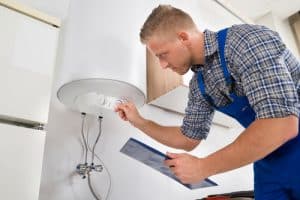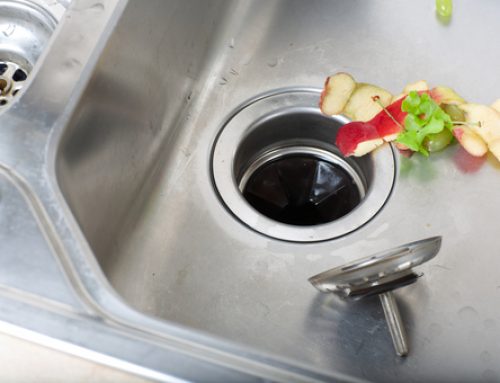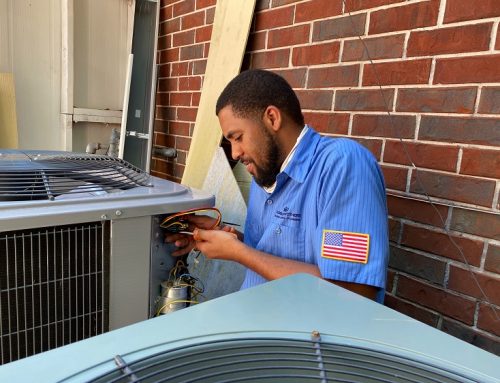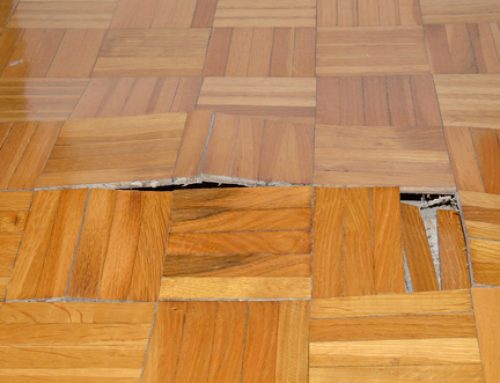 There are plenty of DIY (do-it-yourself) plumbing tasks you can handle yourself, but working with water heaters isn’t one of them. Plumbing contractors are trained to provide necessary services that your home or property needs to operate plumbing fixtures efficiently, save money, and conserve valuable energy resources.
There are plenty of DIY (do-it-yourself) plumbing tasks you can handle yourself, but working with water heaters isn’t one of them. Plumbing contractors are trained to provide necessary services that your home or property needs to operate plumbing fixtures efficiently, save money, and conserve valuable energy resources.
Many of our clients request information about self-cleaning water heaters. Over time, natural water sediment coats the bottom of the water heater. That sediment can also coat the heating element, making your water heater work hard and use more energy. Self-cleaning water heaters are built to automatically control and reduce the sediment.
What is a Self-Cleaning Water Heater?
A self-cleaning water heater can be powered by electricity or gas. Its equipment circulates the water to reduce sediment build-up.
Technically, all self-cleaning water heaters work the same way. Water from a cold-water inlet provides water for heating, and a hot water outlet carries the water to your home. The tank stores water until you need it.
According to ehow, “A self-cleaning water heater has a curved dip tube and a fitting on the dip tube that swirls the incoming water at the bottom of the tank. This keeps the sediment stirred in the water, sending it through the hot-water outlet the next time you use hot water.”
Disadvantages
A self-cleaning water heater costs more, but the long-term savings should offset the initial expense. Over time, some sediment will accumulate in your self-cleaning water heater’s tank, so draining the tank is needed every three years or so.
Another disadvantage is that the sediment (that had previously settled and accumulated in the hot water tank) now flows into your home and hot-water taps. The sediment is (usually) calcium carbonate; your cold water tap water will not include the sediment, making the water safer for drinking.
Don’t Wait for an Emergency
With 24/7 emergency plumbers, Bradbury Brothers is just one phone call away. But requesting regular, routine plumbing maintenance can reduce the risk of having to deal with the stress and additional expense of an emergency call.
Call 281.661.4283 or contact us today.




